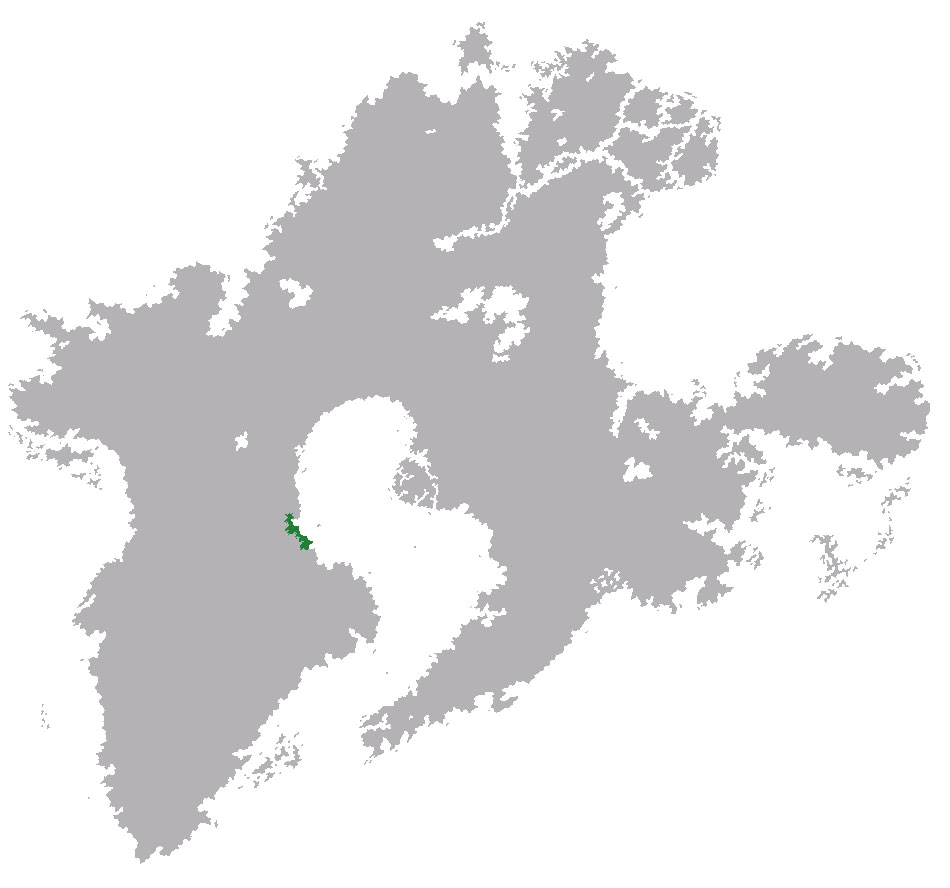Gashan
Gāsha - /ˈgaːɕa/
I'm glad that there are some in that forsaken wasteland whose words are actually vaguely pronounceable to us. A glimmer of sanity among a sea of foreign phonetics.The Gashan language (kōp Gāsha /koːp ˈgaːɕa/) is one of the primary tongues spoken by the Gapeshi, a people who reside on the western shores of the Gulf. Their language is perhaps the easiest out of all of the Northern Mekhirian languages to learn for those who have a grasp on Aiterean.



Comments